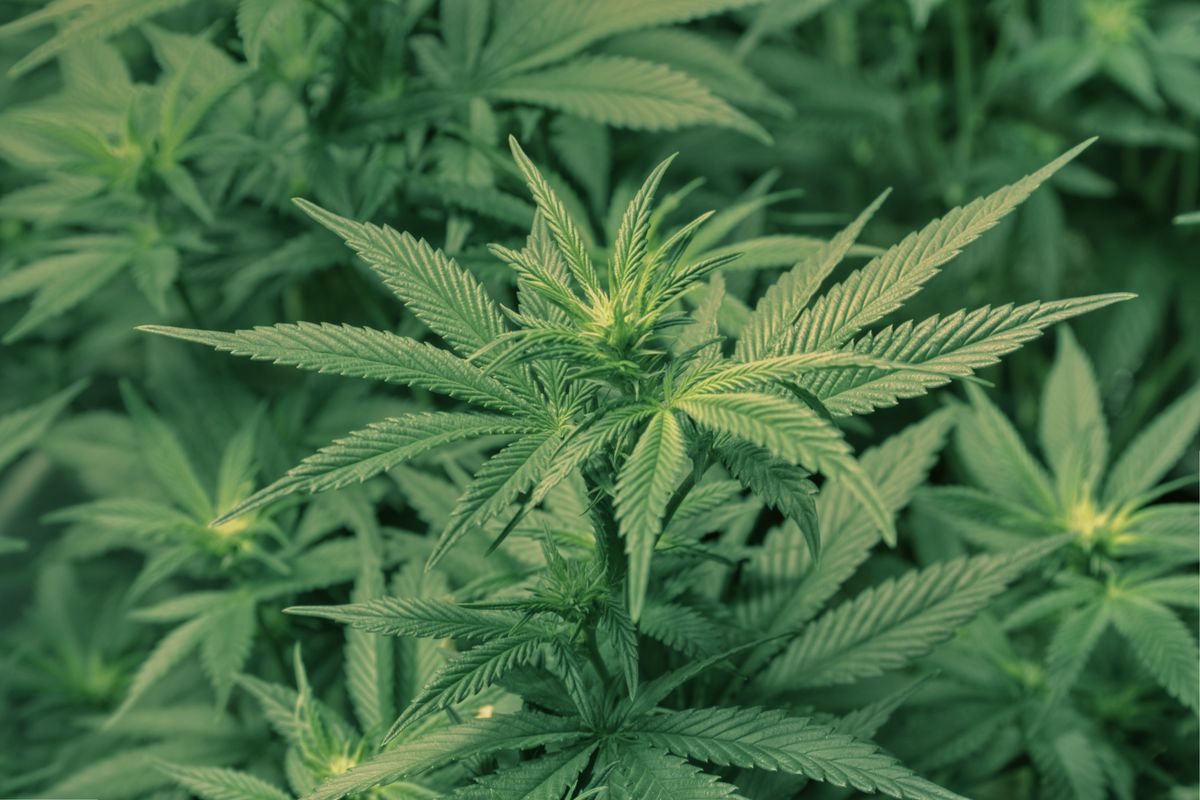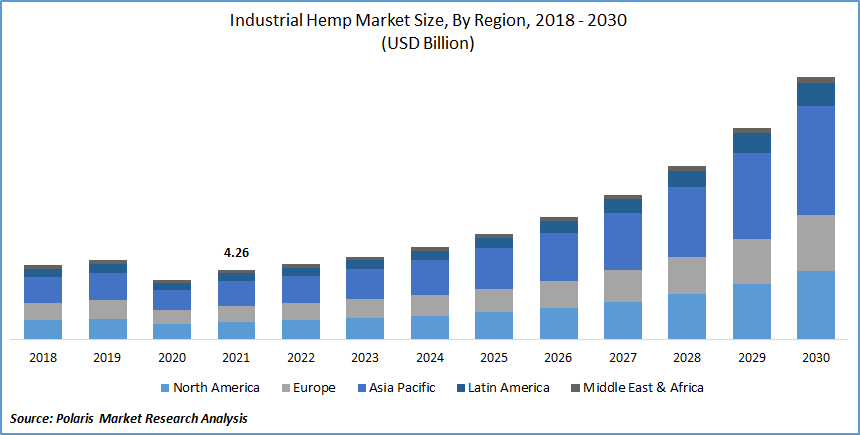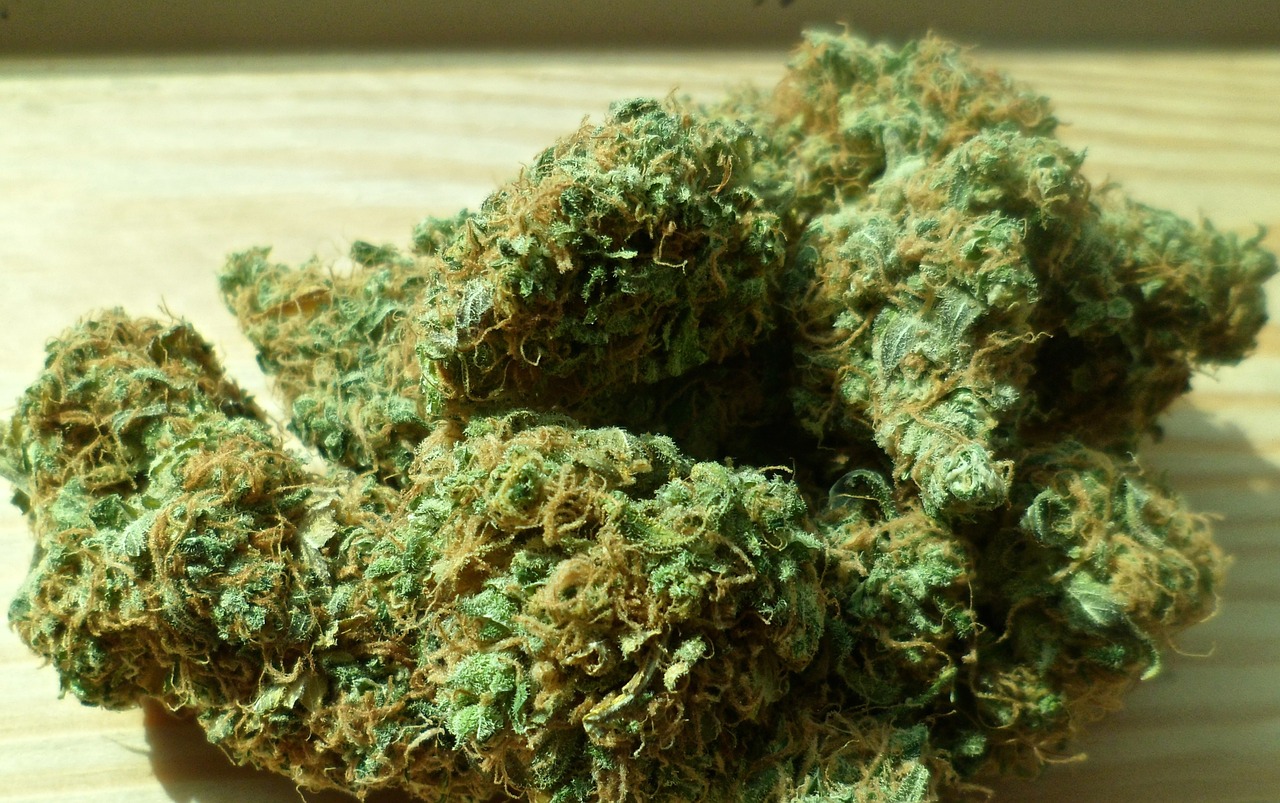The legal status of hemp vary among Asian countries, as regulations regarding hemp cultivation, possession, and usage differ significantly across the region. Here is an overview of the legal status of hemp in some Asian countries as of my last knowledge update in September 2021. However, please note that laws can change over time, so it is important to verify the current status through official government sources or legal experts.
- China: Hemp cultivation is legal in China, and it is one of the world’s largest producers of industrial hemp. However, the cultivation and sale of hemp-derived products containing THC (tetrahydrocannabinol) are strictly regulated.
- Japan: Hemp cultivation for industrial purposes is legal in Japan, but strict regulations are in place to control THC levels. Hemp-derived CBD (cannabidiol) products with low THC content are generally allowed, but CBD products derived from marijuana are prohibited.
- South Korea: Hemp cultivation is illegal in South Korea, and all cannabis-related activities are strictly prohibited. This includes both industrial hemp and marijuana.
- India: The cultivation of hemp is legal in certain states of India, subject to licensing and regulations. Uttarakhand became the first state in India to legalize it. The legal status of cannabis and its derivatives varies between states, and some states permit the use of cannabis for medical and research purposes.
- Thailand: Thailand has legalized the cultivation of hemp with low THC content for industrial purposes. However, strict regulations and licensing requirements are in place, and THC levels must be below a certain threshold.
- Malaysia: Malaysia has strict laws regarding cannabis, including hemp. Cannabis cultivation, possession, and usage are illegal, and penalties can be severe.
- Singapore: All forms of cannabis, including hemp, are illegal in Singapore. Possession, consumption, trafficking, or importing cannabis can result in severe penalties, including imprisonment or even the death penalty.
- Vietnam: Vietnam has strict regulations regarding cannabis, and both marijuana and hemp cultivation are illegal. The possession, sale, or trafficking of cannabis can lead to severe penalties.
- Indonesia: Cannabis cultivation, including hemp, is illegal in Indonesia. The country has strict drug laws, and possession or trafficking of cannabis can result in lengthy prison sentences or even the death penalty.
- Philippines: The Philippines has strict laws regarding cannabis, and both marijuana and hemp cultivation are illegal. Possession, sale, or trafficking of cannabis can result in severe penalties, including imprisonment.
- Pakistan: Hemp cultivation is illegal in Pakistan. The country has strict drug laws, and cannabis, including hemp, is classified as a controlled substance. Possession, cultivation, sale, or trafficking of cannabis can lead to severe penalties, including imprisonment.
- Afghanistan: Afghanistan has been one of the largest producers of illicit cannabis and opium in the world. While there is no specific legislation addressing hemp, cannabis cultivation is generally prohibited. The legal status of cannabis, including hemp, is not well-defined, and it is often associated with illicit drug trade.
- Sri Lanka: Sri Lanka has strict drug laws, and cannabis, including hemp, is illegal. The possession, cultivation, sale, or trafficking of cannabis can result in legal penalties, including imprisonment. However, it’s worth noting that there have been discussions in Sri Lanka regarding the potential legalization of cannabis for medicinal and industrial purposes.It is important to note that this is not an exhaustive list, and the legal status of hemp can vary further among other Asian countries. Additionally, laws and regulations can change, so it is advisable to consult with local authorities or legal experts for the most up-to-date information.



